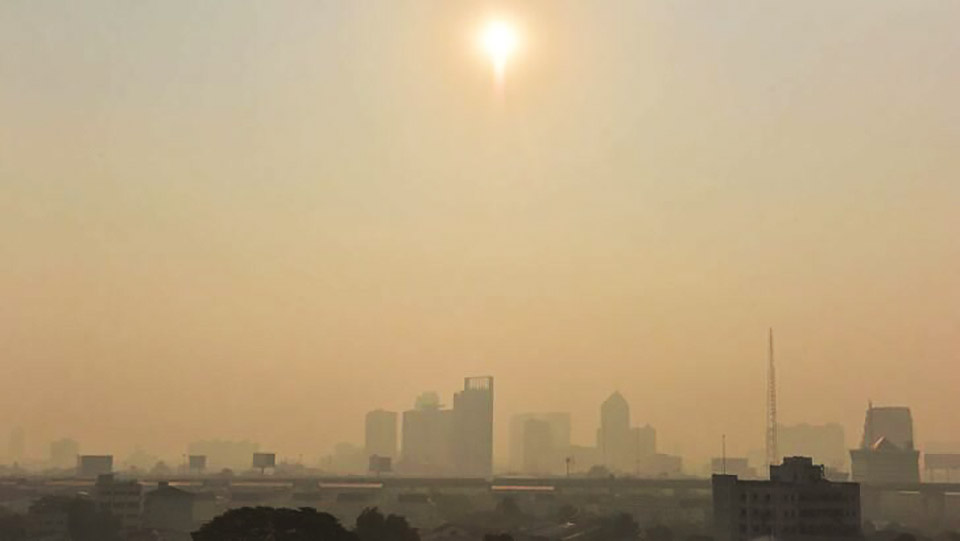
Bangkok has unveiled a plan to improve the city’s ability to deal with ultra-fine particulate matter, noting that more accurate and transparent data on dust sources is essential to its success.
Bangkok Governor Chadchart Sittipunt said a digital platform will be used to disseminate to the public information such as the amount of toxic fumes produced by factories and the response of each district office to sources of air pollution.
At a recent meeting, he said efforts to address the PM2.5 issue in the nation’s capital will gain momentum once sufficient access to this data is available. He added that the Bangkok Metropolitan Administration (BMA) is collaborating with universities to analyze and identify the major sources of PM2.5 in the city, as well as to discuss prompt and effective solutions to the problem with relevant government agencies.
According to the governor, the BMA is also monitoring the implementation of measures launched on June 10 by the Department of Industrial Works that require factories to disclose data on their pollution levels, as well as a recent public campaign urging motorists to switch to public transportation and for Bangkok residents to plant more trees whenever possible. The agency is now planning to increase the number of PM2.5 measuring stations in the city from 50 to at least 1,000 in order to improve data reporting accuracy.
Additionally, the BMA has begun distributing free face masks to vulnerable groups capable of protecting against PM2.5 and communicable diseases, as well as instructing schools and hospitals to establish safe zones or particulate-free areas to shelter personnel and students when PM2.5 levels are particularly high, typically between November and March. (NNT)
 |
 |
 |





